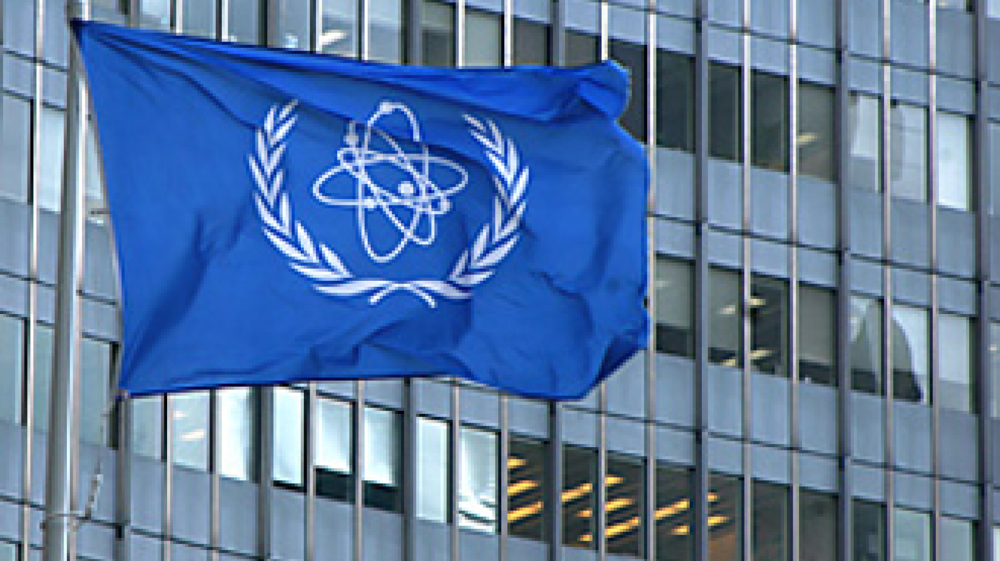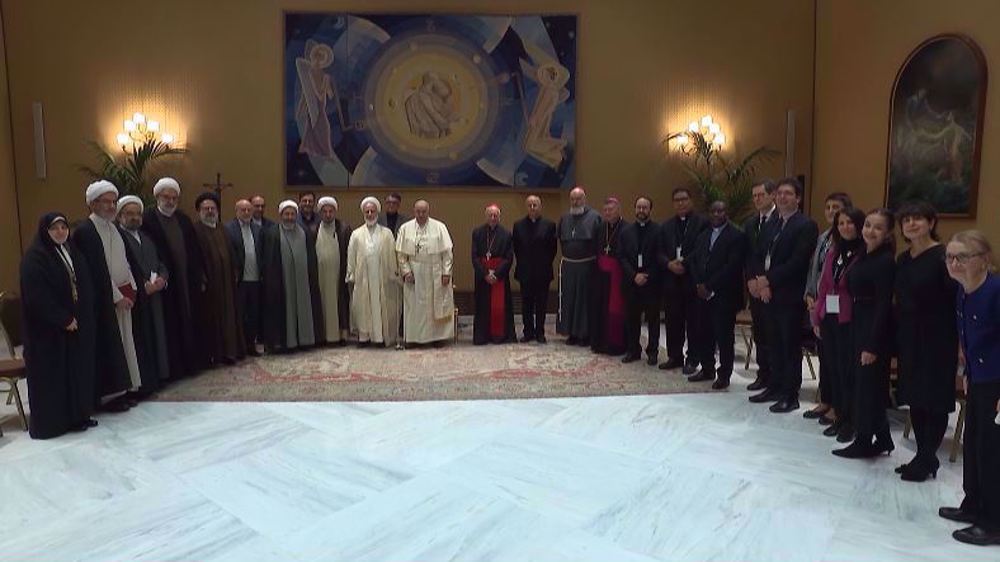NATO allies more divided than ever at 7th summit
Robert Inlakesh
Press TV, London
Members of the NATO alliance have come together in the UK for a three day summit, beginning this Tuesday near Watford near the countries capital. The conference was received by the British public with mass protest, specifically at the presence of US President Donald Trump over his past rhetoric and also friendship with Prime Minister hopeful Boris Johnson.
As NATO celebrates its 70 year of existence, tensions appear more deep rooted than ever with France, the United States, Germany, Turkey, Greece and others trading blows on several key issues including ongoing wars, taxes and trade. The French President even stated, this Tuesday, that the NATO alliance was brain dead over concerns of its policy of spending too much and thinking too little.
Whilst its hegemony is not questioned, its strategy and partnerships are becoming somewhat of a concern with the recent conference focusing on allowing NATO to assume an even more invasive role militarily with others, but not focusing on bringing member states together over other disagreements.
One of those challenges has been what action to take in the case of NATO member Turkey’s invasion of North Eastern Syria against Kurdish forces and also the growing rift between Turkey, the United States and European Union.
Historic tensions between NATO allies have also been re-ignited at the summit, with Greece vowing to urge NATO to act against Turkey over a newly signed military agreement between Libya and Turkey.
Despite being one of the most militarily powerful alliances on the planet, many NATO member states differ vastly when it comes to their own view on policy. This being a very visible theme this NATO summit, which really only took a divisive figure like Donald Trump to ignite the underlying tensions between nations. The question now is, how far will NATO allies continue to grow apart.
Iranians protest against Israel after Netanyahu ICC warrant
Germany undecided on complying with ICC arrest warrants for Israeli war criminals
VIDEO | Former FBI agent criticizes US Congress for 'outright corruption'
IRGC chief urges Muslim countries to cut aid routes to Israel
'New chapter in cooperation': Iran, Venezuela sign new MoUs
Jordan sentences former lawmaker for supporting Palestinian resistance
Basij volunteer forces hold massive drills in southwestern Iran
Israeli war criminals 'not welcome', US city says after ICC ruling









 This makes it easy to access the Press TV website
This makes it easy to access the Press TV website